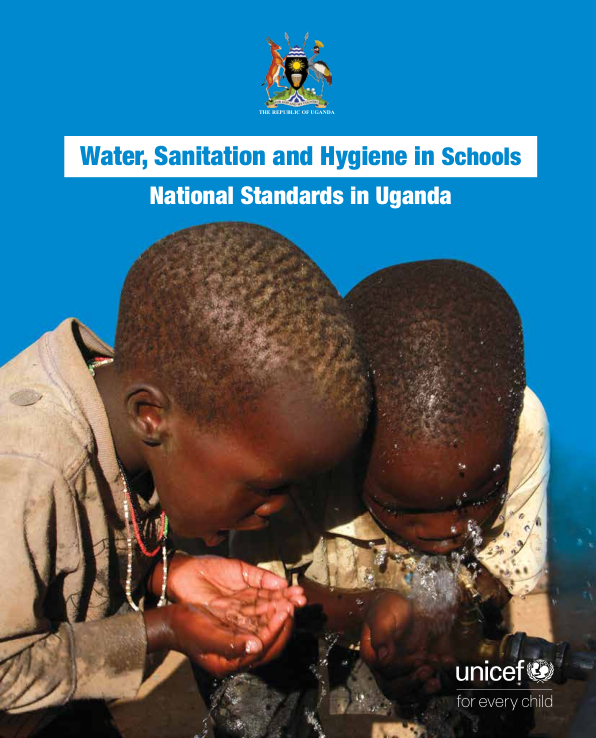By Catherine Ageno
The lack of access to safe, clean water has been cited as one of the factors that continue to affect learners’ performance in schools in many parts of the country.
Preliminary findings of a new study by Twaweza Uganda carried out in the Western district of Mitooma indicates that children in many households miss school due to illnesses resulting from consumption of unsafe water.
An earlier Sauti wa Wanachi report by Twaweza, anon-governmental organisation, that was released in 2017 shows that only 24 per cent of Ugandans have access to piped water, either direct to their household, via a neighbour or from a communal standpipe or kiosk. The report also adds that 78 per cent households harvest rainwater as an option but less than 1 per cent uses it as their main source of drinking water.
One of the affected homes in Katooma village, Kanshenshero subcounty Mitooma district, is that of a one Mr. Felix Bimanywarunga and Ms Jovia Kyomuhendo. Their four children are only able to attend school for half or less the period of the entire school term.
“My children are always sick. If it is not diarrhea, its stomach pain and this keeps them out of school”, she says. A quick survey around the home reveals that there is no water or soap for hand washing after using the latrine.
Ms Kyomundo says that without money to get the basic items including food, soap is considered a luxury that can easily be foregone.
“Even when I get a piece of soap, I cannot waste it on hand washing. I would rather use it for washing clothes, dishes or bathing”, Kyomuhendo adds.
8-year old Owen Musinguzi, a primary one pupil at Katoma primary school has been the most affected, having attended a few weeks of the 3rd school term.
The Local Council 1 chairperson Katooma village, Mr.Fred Kahangire says discolored water from the spring wells is used for both cooking and drinking, causing various illnesses resulting from consumption of unsafe water.
He says efforts to get help from government on the matter have so far been futile as the work plans sent to the sub-county for improved water sources are yet to be approved by the district water and education authorities.
However, according to the Ministry of Education and Sports Guidelines for three star approach for implementation of WASH in schools, no permanent improvement of the school environment can be expected until the school children and their teachers begin to take an active interest in keeping the school premises clean. This, the education officials say will help Uganda achieve Sustainable Development Goals. SDG 6 aims for universal access to ‘safely managed’ water and sanitation for everyone everywhere.[i] This means safe drinking water at home, work and in public places, available whenever needed. And a private toilet, where faecal waste is safely disposed of, with soap and water for hand washing.
While SDG4 to ‘ensure inclusive and quality education for all and promote lifelong learning’ includes a target for building and improving school facilities that are accessible to all, including decent toilets and clean, safe water.
Mr. Kahangire says living without the human right to a basic toilet puts children’s health and safety at risk, and holds them back from reaching their potential.
He adds that it therefore is not surprising that children without decent toilets and access to clean safe water at home and school will struggle to complete their education. Children repeatedly suffering from diarrhea regularly miss school, causing them to fall behind in class.







